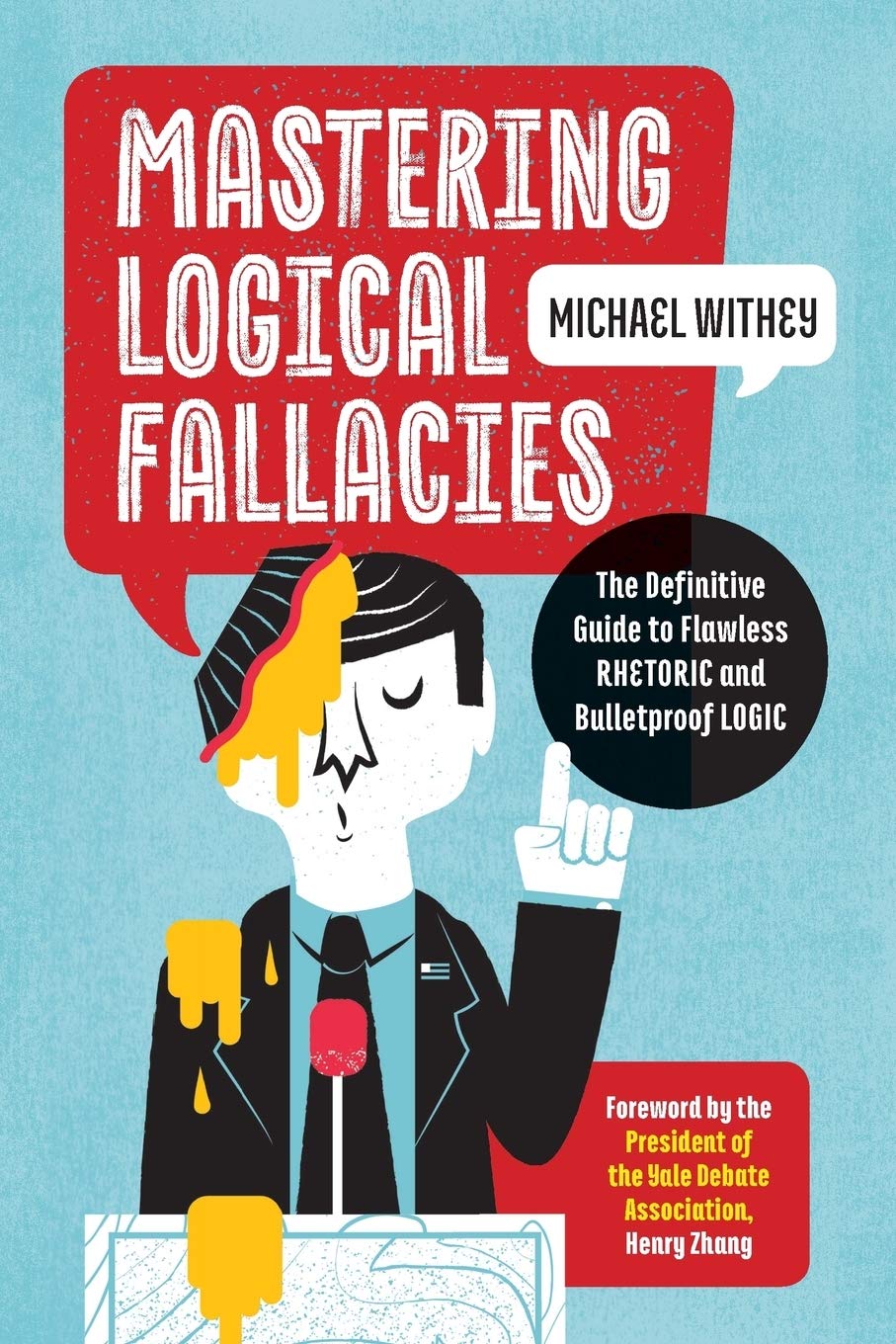The fallacy of appeal to nature refers to the argument that just because something is natural that it is therefore valid, justified, or inevitable.
Example of Appeal to Nature
- "John was well within his rights to avenge his wife after he witnessed her being brutally murdered. Killing the murderer was the natural response."
- Product packaging that claims 'natural' ingredients is an appeal to nature fallacy. There are many naturally occurring poisons which would be harmful if ingested.






